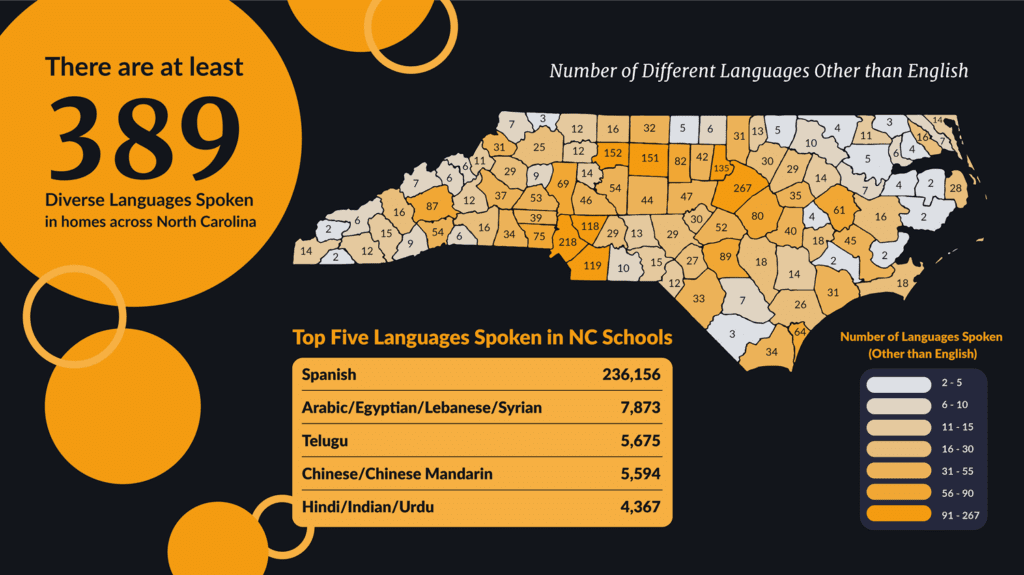President Donald Trump signed three executive orders impacting immigrants on April 28, 2025.
The president signed an order titled, “Protecting American Communities from Criminal Aliens,” accompanied by this information. Federal power over immigration is an inherent element of national sovereignty, declares the order. Within 30 days, the order requires the attorney general in coordination with the secretary of Homeland Security to publish a list of state and local jurisdictions “that obstruct the enforcement of Federal immigration laws.”
Sanctuary jurisdictions will be notified. The consequences, as spelled out in the order, include the suspension or termination of federal funds. Additionally, the attorney general and secretary will pursue “all necessary legal remedies and enforcement measures” to bring jurisdictions “who remain in defiance” into compliance.
The order says there will be “eligibility verification” for federal benefits for immigrants without legal status in sanctuary jurisdictions.
State and local laws, regulations, policies, and practices that favor immigrants without legal status over American citizens are deemed unlawful by the order. For example, it cites the provision of in-state higher education tuition to immigrants without legal status but not to out-of-state citizens.
The president signed another order titled, “Strengthening and Unleashing America’s Law Enforcement to Pursue Criminals and Protect Innocent Citizens,” accompanied by this information.
The order says, “My Administration is steadfastly committed to empowering State and local law enforcement to firmly police dangerous criminal behavior and protect innocent citizens,” including:
establishing best practices at the State and local level for cities to unleash high-impact local police forces;
protect and defend law enforcement officers wrongly accused and abused by State or local officials;
and surge resources to officers in need.
Trump’s executive order
“The result will be a law-abiding society in which tenacious law enforcement officers protect the innocent, violations of law are not tolerated, and American communities are safely enjoyed by all their citizens again,” says the order.
The additional information says “shoplifting, vagrancy, and urban encampments” as well as riots have been ignored.
The president also signed an order titled, “Enforcing Commonsense Rules of the Road for America’s Truck Drivers,” accompanied by this information. It requires English proficiency for commercial drivers. On March 1, 2025, the president signed an executive order designating English as the official language of the United States.
EdNC previously reported on earlier presidential actions declaring a national emergency at the southern border, clarifying the role of the armed forces in border security, and suspending the refugee admission program.
On Jan. 21, the U.S. Department of Homeland Security expanded its law enforcement in this statement, rescinding guidelines that had been in place since 2011 protecting “sensitive areas,” which were defined to include preschool, primary or secondary school, vocational or trade school, or college or university.
Listen to the story of a migrant
Deportations are playing prominently in national headlines following the earlier executive orders on immigration.
The stories of migrants can change perceptions of immigration.
On June 17, 2019, EdNC visited Casa Tochan, a shelter for adult, male migrants in Mexico City.
This is the story of a migrant who was 1,789 miles and 28 days into his journey from Honduras.
Why did he leave his home? Racism and gang violence.
He walked part of the way. He took busses and hopped trains. He caught rides.
He talked to God.
Listen to his story and join him on his journey. In his own words. Unedited.
This migrant’s story is a reminder that the journey to America is often scary and dangerous. Self-deportation is for many not an option.
In North Carolina, at least 389 languages other than English are spoken by students who attend a local public school.

Here are resources for migrants and immigrants about your legal rights.
Here is EdNC’s resource for educators, published following the new policies on ICE and immigration.





